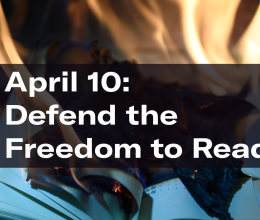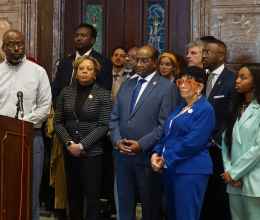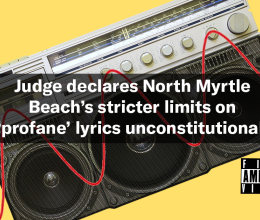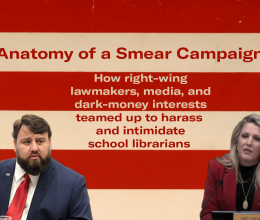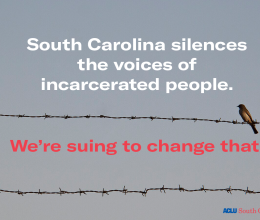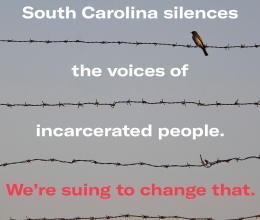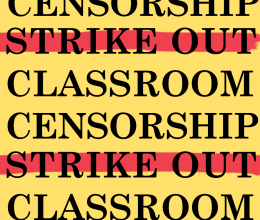
March 4, 2015. Columbia. Free Times. Op-ed by Victoria Middleton, Executive Director.
“I certainly would not want a constitutional convention. Whoa! Who knows what would come out of it?” — Supreme Court Justice Antonin Scalia
While proponents of a constitutional convention portray it as an opportunity to improve governmental structures, (Cover, Feb. 25, “Conventional Wisdom?”) past conventions at the state level have shown that good government is often not the focus of these gatherings. Instead, the convention often turns to measures that threaten civil rights and civil liberties. In the words of former Supreme Court Justice Arthur Goldberg, “There is no enforceable mechanism to prevent a convention from reporting out wholesale changes to our Constitution and Bill of Rights.”
Proponents of a constitutional convention may promise that a convention would rise above politics and address serious governmental reform, but once it is called there is no limit to the issues delegates can consider. If a convention were held today, LGBT rights, abortion rights and the rights of immigrants could all be restricted.
Decades ago, following a state constitutional convention in Rhode Island, a ballot question concerning the state constitution bundled together amendments to the point that a vote for free speech, due process and equal protection was also a vote against abortion rights. Other amendments approved by Rhode Island voters in 1986 significantly impacted the rights of racial minorities. One eliminated the right to bail for people charged with certain drug offenses. Another significantly expanded the number of people who lost their right to vote because of a criminal record, including people receiving suspended sentences or probation.
Twenty years later, these amendments were repealed — not by a constitutional convention, but by the state legislature, acting to undo the harm — when the catastrophic effects of the War on Drugs became apparent.
It beggars belief to think that a constitutional convention could provide a quick fix that will rise above politics and solve the nation’s problems. To the contrary — it would only add to the cynicism that many people harbor about politics, invite outside meddling and dissuade people from engaging in the real work necessary to reform our governmental processes.
Jurists as diverse as former Supreme Court Chief Justice Earl Warren and Supreme Court Justice Antonin Scalia have warned that there is no way to effectively limit the actions of a constitutional convention.
As Harvard Law School Professor Laurence Tribe puts it, “What you’re doing is putting the whole Constitution up for grabs.”

